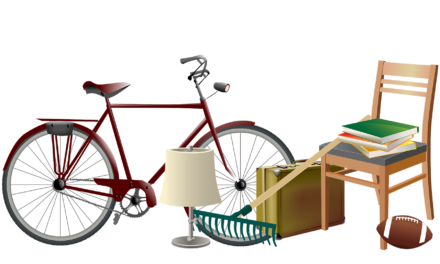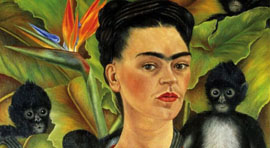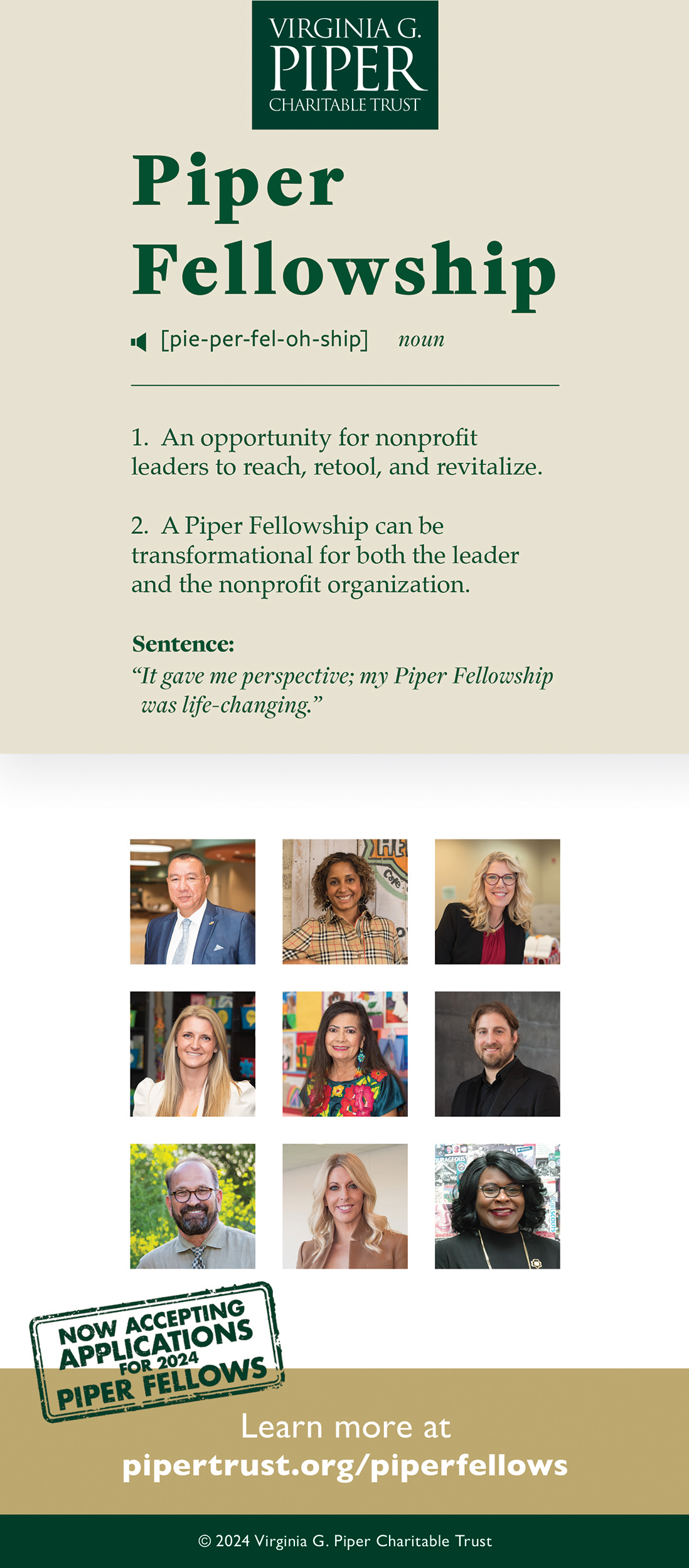[btn]By Hillary Frank, DVM, Dipl. ABVP (avian)[/btn]
Birds hide symptoms of disease until they are very ill. In order to survive in the wild, birds must keep a normal appearance or they will be picked off by predators. As bird owners, we must be able to recognize early symptoms of illness. Any change in appetite, vocalization, activity, and droppings should be brought to the attention of your veterinarian.
Improper diet is the underlying cause of most health problems in pet birds. Their diet should be at least 80 percent of a high quality un-dyed formulated pellet diet and the rest can include dark green leafy (kale, collard greens) or yellow meaty vegetables (squash, sweet potatoes). A seed diet is nutritionally deficient and can be contaminated with insecticides, mold, and bacteria. Excessive calories in diets also encourage abnormal reproductive behaviors and increase health problems.
Clean the cage daily to see the number and consistency of the droppings in a timely manner. Keeping water and food bowls clean is imperative. Feed only the amount of food that you know your bird will eat in one day, and discard any remaining food. Do not leave moist foods in the cage for more than two hours.
Frequently examine your bird for abnormalities. The eyes should be clear, without swelling or redness. The nostrils should be clean, without any discharge, redness or swelling. Feathers should be brightly colored, smooth, shiny, and clean. The vent area should be clean. Skin should be light pink, smooth with very little flaking. Watch for redness or loss of pattern on the underside of feet.
Serious signs of illness would include a fluffed bird standing with eyes partially or fully closed at an active time of day, and labored or noisy breathing. These require immediate veterinary attention.
Grooming without a recent examination can lead to sudden death due to underlying health issues. If grooming is done incorrectly, serious injury can occur. During the grooming, a wing can be broken or a toe can be amputated if the bird is not restrained properly. If the wings are cut improperly, the bird may have a tendency to fall, breaking their beak or leg or splitting the skin on the keel. Normal birds don’t need any beak trimming, just smoothing and cosmetic cleaning. Uneven beak wear or excess length usually indicates prior injury, misalignment, infection, or liver disease.
Your bird needs yearly veterinary check-ups just like your dog or cat. Most people are surprised that their seemingly healthy bird has heart disease or infections. Detecting problems early is the best way to avoid losing a bird. Careful observation by the pet bird owner can greatly reduce the number of life-threatening emergencies.
Regular visits to the animal hospital at least every 3-4 months for routine grooming can help monitor for problems by having a veterinary technician screening the bird for obvious problems between the annual veterinary examinations for wellness checks.
Routine care will maximize your bird’s health and life span, and can often reduce the long-term cost of caring for your feathered friend.
Hillary Frank, DVM, Dipl. ABVP (Avian) is the owner of North Central Animal Hospital, P.C., 20 W. Dunlap Ave. She can be reached at 602-395-9773. The information in “Pet Primer” is provided as general information only. For specific advice on your pet’s health, consult your veterinarian.









































